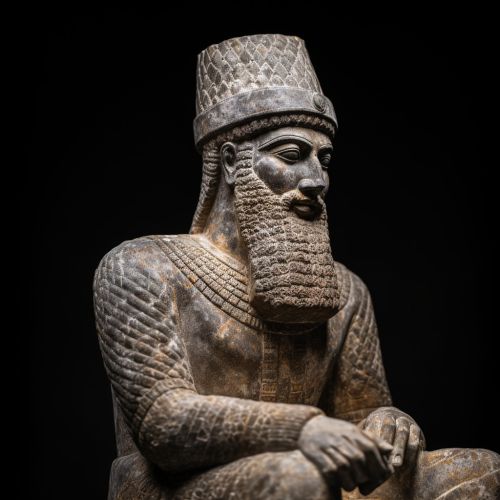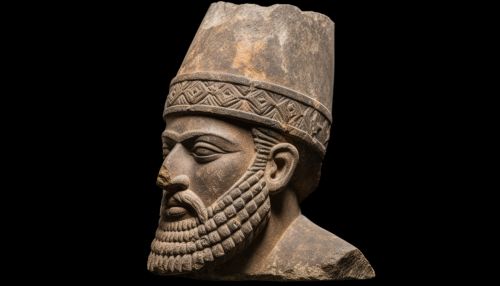Samsu-iluna
Early Life and Ascension
Samsu-iluna was a king of the Babylonian empire, one of the ancient civilizations that shaped the course of history. He was the son of the famous king Hammurabi, who is best known for his law code, one of the oldest deciphered writings of significant length in the world. Samsu-iluna ascended to the throne upon his father's death in 1750 BC, during the height of the Babylonian empire.


Reign
Samsu-iluna's reign was marked by significant military and political challenges. He inherited an empire that was vast and diverse, stretching from the Persian Gulf in the south to the mountains of Armenia in the north. However, the empire was also fraught with internal tensions and external threats. The most significant of these was the revolt led by the Sealand Dynasty in the south, which resulted in the loss of southern territories of the empire.
Despite these challenges, Samsu-iluna was able to maintain control over the core regions of the empire, including the city of Babylon itself. He also undertook several building projects, including the construction of a new city, Dur-Samsuiluna, and the rebuilding of the city wall of Nippur, an important religious center.
Military Campaigns
Samsu-iluna is perhaps best known for his military campaigns, which were primarily aimed at quelling rebellions and maintaining the territorial integrity of the empire. One of his most significant campaigns was against the Sealand Dynasty, which had declared independence from Babylon following Hammurabi's death.
Despite his efforts, Samsu-iluna was unable to fully suppress the Sealand rebellion. The southern regions of the empire remained under the control of the Sealand Dynasty for the remainder of his reign, and it was not until several centuries later that these territories were reincorporated into the Babylonian empire.
Later Years and Succession
In the later years of his reign, Samsu-iluna faced further challenges, including a revolt in the city of Larsa. Despite these difficulties, he was able to maintain control over the core regions of the empire until his death. He was succeeded by his son, Abi-eshuh, who continued his father's efforts to maintain the territorial integrity of the empire.
Legacy
Samsu-iluna's legacy is one of resilience in the face of significant challenges. Despite losing control of southern territories to the Sealand Dynasty, he managed to maintain control over the core regions of the empire and undertake significant building projects. His reign also marked a period of transition for the Babylonian empire, as it adjusted to the loss of its southern territories and faced increasing internal and external pressures.
